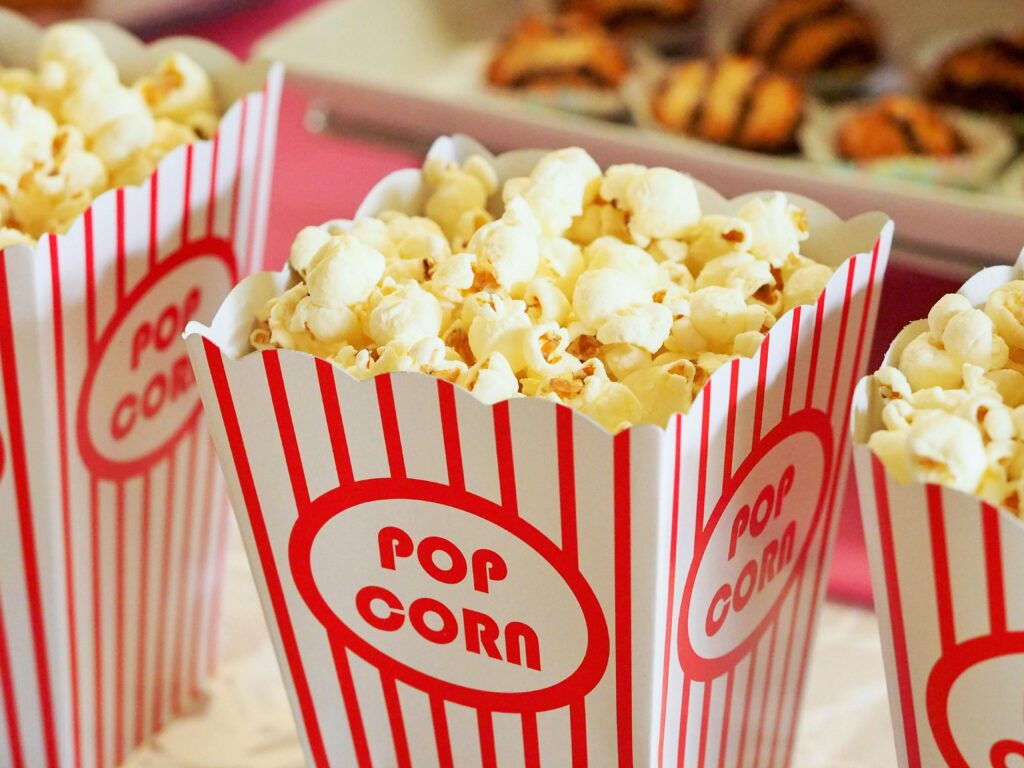Puzzles have long been recognized as powerful tools for mental stimulation, yet the world of puzzles extends far beyond standard crosswords or Sudoku grids. Whether you enjoy technology-driven adventures or classic tabletop activities, there are plenty of engaging ways to keep your mind sharp—and if you’re looking to add more puzzles to your life, click here for one of the biggest selections online. Making time for brain-challenging activities is not just fun—it can support long-term cognitive health. Engaging in various puzzle activities, such as geocaching and digital brain training apps, enhances mental fitness by improving memory, problem-solving skills, and mental agility. Regular participation supports creativity and counters age-related cognitive decline. Whether tackled alone or with others, varied puzzles foster personal growth and social connections, maximizing benefits for both mind and body.
Geocaching: High-Tech Treasure Hunting
Combining outdoor exploration with technology, geocaching is a unique adventure that invites participants to use GPS devices or smartphone apps to locate hidden containers. Each geocache involves reading clues, deciphering riddles, and sometimes even solving puzzles at the site. Not only does geocaching encourage physical activity and exploration of new environments, but according to Harvard Health, it also exercises memory, spatial reasoning, and logical thinking skills with every hunt. It’s an ideal pastime for those seeking both mental and physical wellness.
Escape Rooms: Immersive Problem Solving
For lovers of immersive experiences, escape rooms provide a thrilling way to test your wits under pressure. These life-sized puzzle games require teams to solve a series of interconnected challenges to “escape” the room within a set time frame. Not only do escape rooms require logic and observation, but they also promote collaboration and effective communication. These adventures can provide a comprehensive cognitive workout that sharpens both analytical and creative abilities.
Orienteering: Navigational Challenges
Orienteering blends physical endurance, navigational skill, and split-second decision-making. Equipped only with a map and a compass, participants must locate checkpoints scattered across unpredictable terrain. This activity stands out for stimulating spatial awareness, attention to detail, and strategic planning. Regular participation in orienteering can help protect and improve cognitive skills associated with direction, memory, and fast problem-solving—making it an exciting full-body and full-brain workout.
Strategy Games: Enhancing Critical Thinking
Classic and modern strategy games—such as chess, Go, and many complex board games—are renowned for enhancing memory, foresight, and critical reasoning. Playing such games consistently challenges your mind to anticipate outcomes, weigh possibilities, and adapt strategically. Puzzle and strategy-based activities can even delay the onset of memory decline, underlining their value for brain health at any age.
Jigsaw Puzzles: Boosting Visual-Spatial Skills
Completing a jigsaw puzzle is a calming and satisfying task that requires patience, visual acuity, and the ability to recall patterns. The process of sorting and connecting hundreds or thousands of pieces engages both hemispheres of the brain—strengthening short-term memory and enhancing visual-spatial reasoning. Studies suggest that regular engagement with jigsaw puzzles can help delay cognitive aging and even provide a mindful distraction from everyday stressors. Discover the neuroscience behind puzzles to understand why this timeless activity remains a top recommendation from experts.
Brain Training Apps: Digital Cognitive Workouts
With brain-training apps just a tap away, it’s easier than ever to sneak in a quick mental workout. Apps like Lumosity, Elevate, and Peak offer science-based daily challenges tailored to individual skills and progression. These platforms address memory, attention, speed, and flexibility—making them ideal for incorporating brain exercise into a busy schedule. Using these apps consistently can complement other forms of mental stimulation and help maintain cognitive sharpness over time.
Creative Arts: Stimulating Mental Agility
Activities such as painting, playing musical instruments, creative writing, and even dancing engage diverse regions of the brain, fostering new neural pathways and enhancing mental agility. The process of expressing ideas in a new medium develops problem-solving skills, encourages lateral thinking, and builds resilience against cognitive decline. Numerous studies reveal a strong link between the arts and enhanced cognitive function and emotional well-being.
Social Games: Fostering Mental Engagement
Social interaction is a key component of brain health, and social games like bridge, poker, and trivia create opportunities for shared learning, competition, and laughter. Playing in a group challenges memory, hones communication, and encourages quick strategic thinking. Maintaining strong social ties and regularly participating in mentally challenging group activities can significantly reduce the risk of cognitive impairment as we age.
Variety is crucial—by rotating new puzzles and cognitive adventures into your routine, you can keep your mind healthy, adaptive, and engaged for years to come. Select activities that genuinely bring you joy and align naturally with your lifestyle for the most tremendous benefits.





